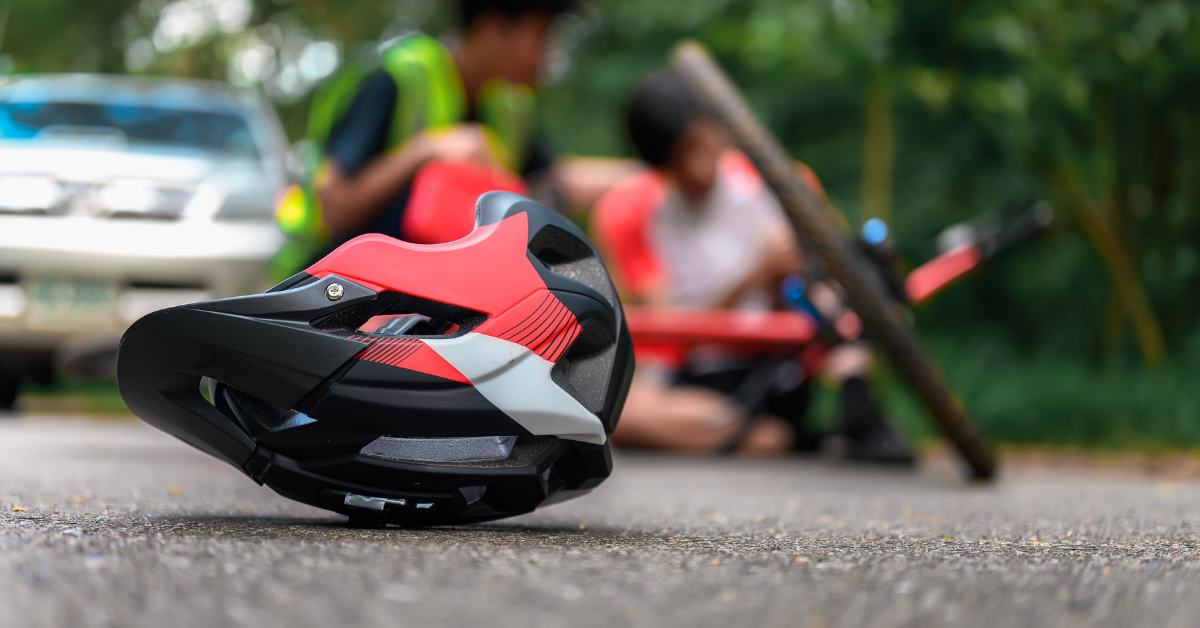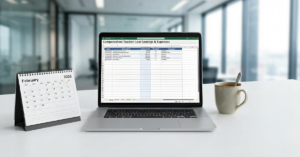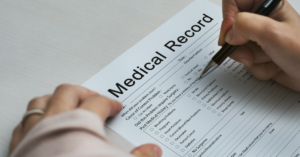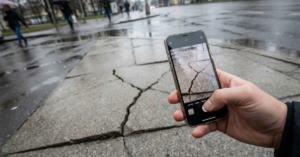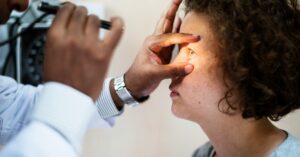Cycling is everywhere now in the UK. You see people cycle to work, to school, quick runs to the shop or just out to clear their head. It’s cheap, keeps you fit and is a bit kinder to the planet. The roads here in the UK don’t always feel friendly. Traffic keeps rushing, potholes seem endless and sometimes drivers just don’t notice the presence of cyclists near them.
If you cycle often, you already know this. Accidents happen everywhere and around 15,693 cycling accidents happened alone in the year ending 2022. That is why safety tips matter more than people think. They sound simple, maybe boring, but skipping them can mean ending your day in the hospital instead of at home.
Why Cycle Safety Tips Matter
Cycling is not just about moving from one place to another. It feels like freedom. No sitting stuck in traffic, just fresh air and your legs doing the work. It saves money too. No fuel bills, no car parking stress, no bus tickets piling up. Every ride helps the planet a little. Less smoke, less noise, more room on the road.
Let’s be real, cycling also has its risks. According to the UK’s cycling accident statistics, cyclists who have been on bikes for years can be injured. One small mistake or someone else not paying attention and things get bad quickly. That is why road cycling safety tips matter. These are not just advice; they actually keep people out of hospitals.
Top 10 Essential Cycling Safety Tips
Here are the top cycling safety tips UK cyclists should know. These can be a life saver in many instances. Hence, if you are a habitual cyclist in the UK, you should keep these cycle safety tips in mind.
1. Always Wear a Helmet
Helmets feel like common sense, but somehow lots of people still cycle without one. You can see it all the time, even on fast and crowded roads. It is very risky. A helmet cannot save you from everything, but it cuts down the damage if you face any kind of accident on the road while cycling. A small fall can end up with a head injury that stays with you.
Though wearing a helmet is not mandatory for cyclists in the UK, make sure you wear a helmet for your own safety. Your helmet should fit snugly. Don’t wear it perched on top of your hair. The straps should be tight, but comfortable. Replace your helmets after a serious impact.
2. Use Lights and Reflective Gear
A bright white front light and red rear light are a must. Reflective jackets, ankle bands or even stickers on your bike help. They catch headlights from cars and make drivers notice you sooner. A cyclist cannot be seen by the drivers without the light and reflective gear. When cycling on the road, the concept of safety is primarily concerned with visibility among other drivers and motor cyclists.
3. Follow Traffic Rules
Stop at the lights. Follow the lane lines. Don’t push against traffic. Some think it feels brave, but it is not. It is risky. Drivers expect normal rules and when you break them, you turn into something they cannot predict. That is when most cycling accidents happen.
Even the very small things matter more than people admit. Fully stopping at a stop sign. Putting your hand out at a junction. Letting someone go first when it is their right. These basics might seem boring and perhaps even slow you down, but these small acts ensure road safety for cycling.
4. Stay Alert and Avoid Distractions
One of the most common causes of accidents in cycling safety statistics UK is distraction. One second of glancing at your phone rather than the road may result in an accident. Keep your eyes and ears open. Focus on the ride, not your messages.
5. Use Hand Signals
A few seconds of signaling can prevent confusion. Drivers can’t guess your moves. Cyclists sometimes forget this on quiet roads, thinking no one else is around. However, an approaching motorist can appear suddenly. Therefore, hand signals improve cycling road safety for everyone.
6. Keep Your Cycle in Good Shape
Always check brakes, tires, gears and lights before you roll out. It does not take long. If a tire goes flat in the middle of traffic or brakes slip when you need them most, it can get bad quickly. Through little maintenance you can avoid those moments. Regular checks might feel boring, but they are part of cycling road safety.
7. Ride Defensively
Defensive riding is not paranoia. It’s reality. Many accidents happen when cyclists assume everyone is paying attention. Most cycling accident statistics UK show that cyclists who anticipate danger avoid accidents more often than those who ride casually.
8. Choose Safer Routes
Safer routes make a big difference. Heavy traffic roads are not always the best. Quiet streets or cycle lanes give you more space and less stress. Plan ahead before you cycle. A calm road means a safer ride. This is one of the most practical and vital among road cycling safety tips.
9. Wear the Right Clothes
Wearing the right clothes is a part of cycling safety on the road. Bright clothes help drivers see you. Loose trousers can catch in the chain and mess up your ride. Dress according to the weather because it can make you lose focus. So always wear simple stuff like a reflective strap or a light jacket because it can be the difference between being seen and not.
10. Learn to Spot Hazards
Hazards are all over the roads in the UK. Potholes, wet leaves, puddles and even oil patches can knock you off balance. Best way is to keep your eyes a little ahead, not just on the wheel. Take it easy when the surface appears rough and move around when you can. One of the easiest ways to prevent cycling accidents is by spotting trouble at an early stage.
Bottom Line
Cycling in UK is fun, but not always safe. Roads stay busy, drivers slip up and one wrong move can change a lot. That is why cycling safety tips should be taken seriously. Helmet on, lights working, follow the rules, keep your eyes open. Small habits save lives. Ride smart, stay seen and enjoy the freedom without the trouble.
However, just in case you got yourself involved in a non-fault cycling accident, the law allows you to make a cycling accident claim. Contact an expert legal professional like RU1NJURED’s panel cycling accident solicitors today and seek guidance on how you can secure a deserving cycling injury compensation to cover your medical treatment and all other related losses.

